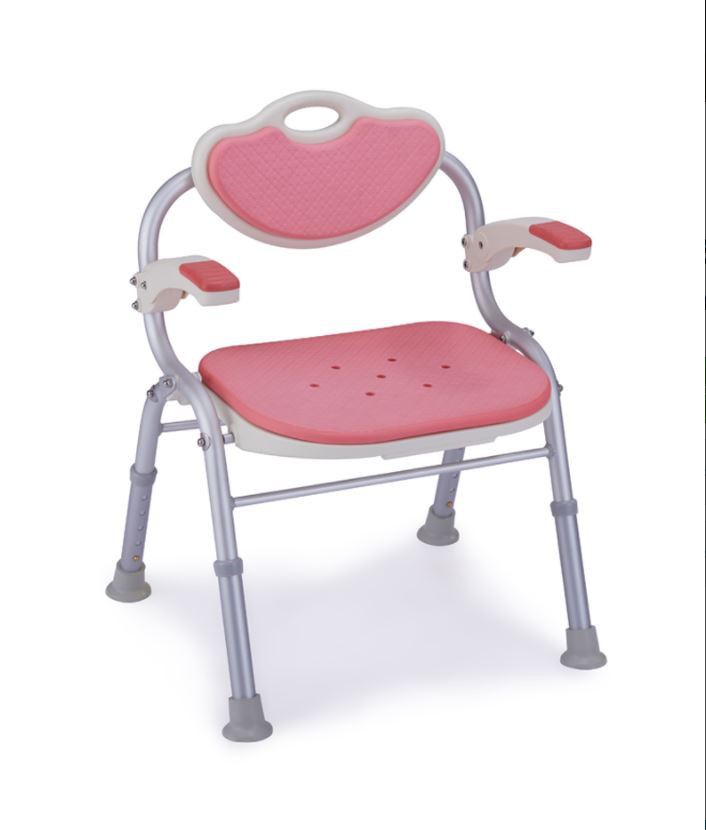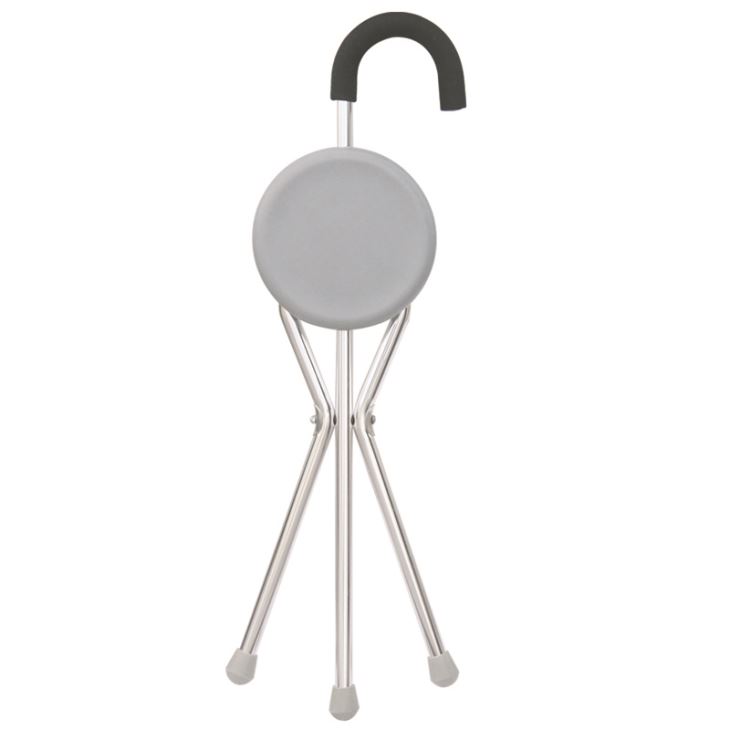By clicking a retailer link you consent to third party cookies that track your onward journey. If you make a purchase, Which? will receive an affiliate commission which supports our mission to be the UK's consumer champion .
If you're feeling less steady on your feet but are mobile enough to get around then a walking stick or cane can be a big help in maintaining independence. Offset Canes

While we have tested mobility scooters and rollators , please note that we haven't tested walking sticks but we do have lots of useful, expert advice to help inform your buying decision.
Best rollators, zimmer frames and walking frames : see which walking aids aced our tough tests and provide extra confidence in terms of balance
There are a wide range of walking sticks to choose from and they all have different functions – some are best for occasional use, and can be folded discreetly away, while others are designed for everyday use and even come with a handy seat attached.
You can carry a folding walking stick in a bag or shopping trolley, or keep it in the car.
Look for a model that’s light, easy to fold and unfold, and reasonably compact when collapsed. The unfolded stick should feel robust and the handle comfortable to grip.
If you need a little more support, you could try a tripod (three-footed) or tetrapod (four-footed) walking stick. The feet are spaced apart to give the walking stick a wider base. The neck of the stick is either straight or swan-necked – the right style of neck can help distribute your weight effectively.
One advantage of tripod and tetrapod walking sticks is they can be left standing up by themselves, so you’re less likely to have to bend down to pick it up from the floor.
Walking longer distances can be tiring and can also put a strain on sensitive muscles or joints.
A walking stick that has a foldaway seat (sometimes known as folding seat canes or stick seats) can be useful so you can sit down if you need a rest. Look for one that’s height adjustable.
Best stairlift brands : we review the biggest brands including Acorn, Handicare and Stannah
Walking sticks are generally made from wood or metal but you can also find lightweight carbon fibre options too.
Metal and carbon fibre sticks tend to be stronger than wooden ones, and some are height adjustable. They can also be used on all types of terrain and should offer a solid support.
Traditional wooden sticks are still good quality but will need to be cut to the correct height. Look for a stick made of hardwood such as beech, hazel or chestnut.
Prices will vary regardless of the material your walking stick is made from, though you're more likely to find cheaper aluminium models than wooden.
If your stick has a more complicated design, such as a custom handle or a decorative pattern, you can expect to pay more.
It’s very important that your walking stick is the right height for you, otherwise it can be potentially unsafe.
If the stick is too high, it won’t give you proper support. If it’s too low, you’ll be forced to stoop.
Follow these steps to get the right fit:
Different handles will suit different people – some are better for those with painful joints or a weaker grip, for example – so it’s a good idea to try out different types before settling on one.
Ramps and rails for the home : from permanent and portable ramps to grab rails, we cover what you need to know
All walking sticks and walking frames without wheels have rubber feet on the legs, known as ferrules. These tend to be quite cheap to buy, with a standard option usually costing around £5.
Check the ferrules regularly to ensure they haven’t become worn or damaged.
Replacements are available in different diameters from hardware shops, chemists, mobility shops and online. To stay safe, replace them regularly.
You may be able to borrow some types of walking stick from the NHS depending on your circumstances. You might have to pay a small deposit.
If you think you could benefit from additional support at home, it might be worth applying for a home assessment through the adult services department of your local council. You can do this online or on the phone.
An occupational therapist will visit you at home to see what you might need. If the assessment finds you need a change to your home or a piece of equipment that costs less than £1,000, the council must provide it free of charge.
Visit the NHS website for more information.
How to choose the right wheelchair : NHS, hire or buy your own? We explain your options
If you're interested in buying or renting walking aids or other mobility aids, it's worth discussing your options with your GP, an occupational therapist or physiotherapist.
But if you already know what you're looking for, see some popular retailers below:
Personal alarms at home: what do buy, from fall detectors to lifeline alarms to keep your loved ones safe

Shower Commode Chairs Chat to a live agent or send us a message
